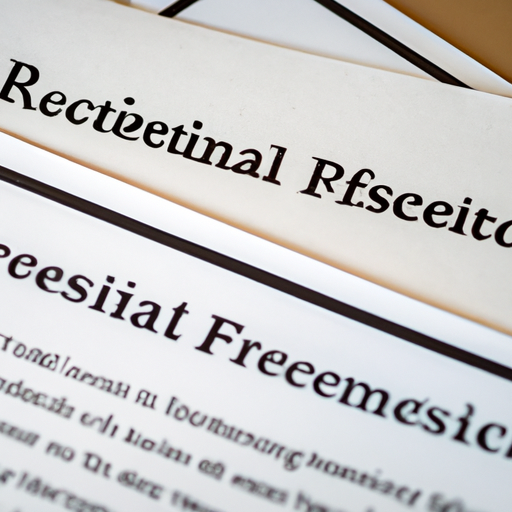Federal Reserve Releases Market Practices for RFPs

The Federal Reserve, in its ongoing efforts to promote transparency and fair competition in the financial markets, has recently released a set of market practices for Requests for Proposals (RFPs). The document aims to provide guidelines and best practices for organizations seeking to obtain bids from potential vendors or service providers.
Why are RFPs important?
Requests for Proposals are a crucial component of the purchasing process for many organizations, including both private companies and government entities. They allow businesses to define their requirements and solicit competitive bids from interested parties. RFPs help ensure a fair and open selection process by providing a standardized framework that allows multiple vendors to submit proposals, which can then be evaluated based on predetermined criteria.
Market practices for RFPs
The Federal Reserve’s market practices for RFPs cover various aspects of the proposal process, including:
- Transparency: RFP documents should clearly outline the requirements, objectives, and evaluation criteria to allow potential vendors to understand the scope of the project.
- Equal treatment: All vendors should have equal opportunity to submit proposals and receive any necessary clarifications. Any discriminatory practices should be avoided.
- Confidentiality: Any proprietary or sensitive information shared by vendors during the bidding process should be handled with utmost confidentiality.
- Selection criteria: Evaluation criteria, such as pricing, technical capabilities, and relevant experience, should be clearly communicated to facilitate fair and consistent assessment of proposals.
- Timeliness: RFP timelines should allow vendors sufficient time to prepare and submit their proposals. Any changes to the schedule should be communicated promptly to all interested parties.
Benefits of following market practices
By adhering to the market practices outlined by the Federal Reserve, organizations can benefit in several ways:
- Improved transparency: Clear expectations and evaluation criteria make it easier for vendors to understand the requirements, resulting in more accurate and comprehensive proposals.
- Better vendor selection: A fair and open process attracts a wider range of vendors, fostering healthy competition and increasing the likelihood of finding the most suitable provider.
- Reduced bias: By avoiding discriminatory practices, organizations can ensure that proposals are evaluated solely on merit, reinforcing trust and fairness in the selection process.
- Enhanced negotiations: Well-defined guidelines and evaluation criteria enable organizations to negotiate more effectively, ensuring that their needs are adequately addressed by the chosen vendor.
Conclusion
The Federal Reserve’s release of market practices for RFPs is a significant step towards promoting fairness and transparency in the procurement process. Organizations that adhere to these guidelines will not only facilitate a more equitable selection process but also benefit from improved vendor quality and successful project outcomes.
For more information, please visit the Federal Reserve’s official website and consult the complete set of market practices for RFPs.
